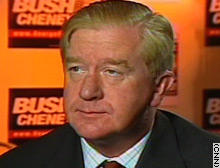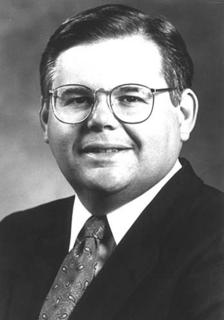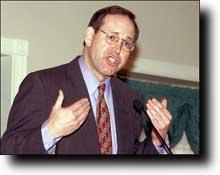Democracy, America, and the World: Part I, The Eve of Independence (1763-1776)
 The mercantilist system imposed by Great Britain upon its North American colonies was nothing short of brilliant. America would send its raw goods to Britain, where these goods would be manufactured and then sent back the colonies. Of course, that the colonies were only allowed to trade with the mother country ensured that Britain could buy the raws cheaply and sell the manufactureds at a handsome profit. And there was nothing the American colonies could do about it, because the king of Britain was also the king of America. In many ways, it was simply a bigger child picking on a smaller one.
The mercantilist system imposed by Great Britain upon its North American colonies was nothing short of brilliant. America would send its raw goods to Britain, where these goods would be manufactured and then sent back the colonies. Of course, that the colonies were only allowed to trade with the mother country ensured that Britain could buy the raws cheaply and sell the manufactureds at a handsome profit. And there was nothing the American colonies could do about it, because the king of Britain was also the king of America. In many ways, it was simply a bigger child picking on a smaller one.Yet this system, which had existed since the 17th century, wasn’t good enough for the bigger child. In 1763, fresh off the Seven Years War with most of the rest of Europe, Britain extracted great territorial secessions from France in the New World. War increases prestige, but it rarely helps a government’s budget. London needed money and the easiest way was simply to tax their colonies. They justified the matter by saying that Britain was protecting the colonies during the war. However, the American people weren’t quite as spineless as King George might have hoped.
Series of tax laws, though all benign until those of 1774, infuriated many colonists. It seems that they were sick of being taken advantage of. The commencement of fighting didn’t come quite that easily, but from a broader perspective, trade and taxes aside, a conflict was inevitable. America simply was not Britain. Even if the Americans were granted representation in Parliament, the New World was still an ocean away the Old World. And in the 18th century, an ocean was a considerably further length than it is now. That’s not to mention that only around sixty percent of the people living in the colonies were from Britain, meaning that a considerable minority had no connection to London at all.
Taxes were just the icing on the cake. America was not Britain, even if a war was needed to prove it. Big brothers don’t always stay bigger forever. Seeds of revolution were in the air, and America was ready for a change.













